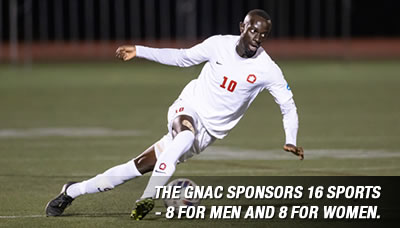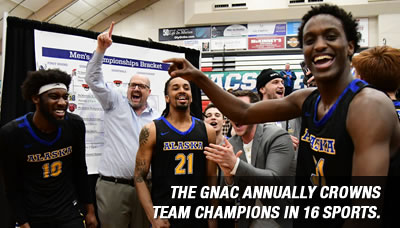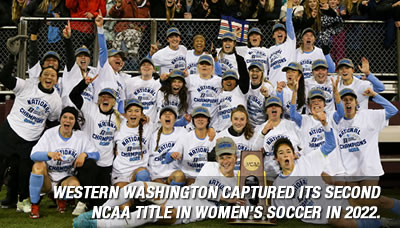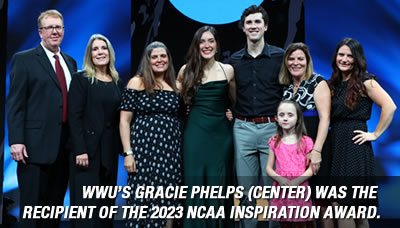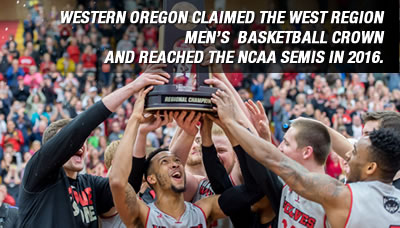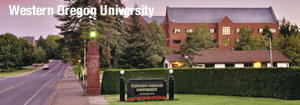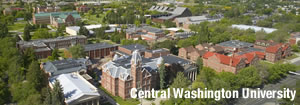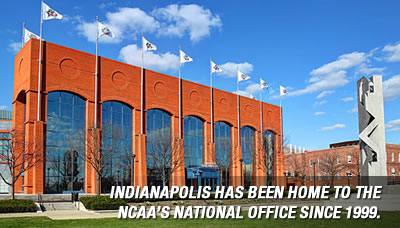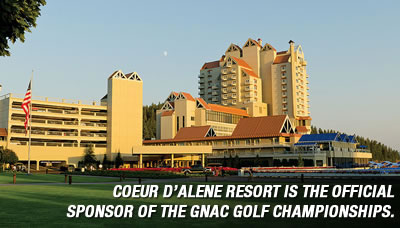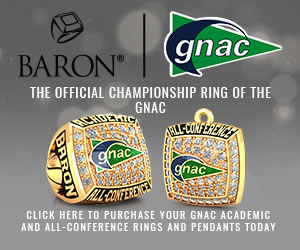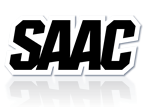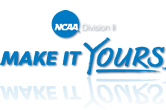Friday, April 25, 2014
by Evan O'Kelly, Media Relations Assistant
Tenth in a series
Previous Panelist Profiles
Lynda Goodrich, WWU (Jan. 24)
Kimberly Ford, NCAA (Jan. 31)
Chelsea Herman, Seattle University (Feb. 14)
Erin O'Connell, SPU (Feb. 28)
Katie Simons, SMU (March 20)
Tammy Dunn, SCSC (March 28)
Ariko Iso, OSU (April 4)
Cori Metzgar-Deacon, WOU (April 11)
Julie Mitchell, WBB Referee (April 18)
PORTLAND, Ore. – After completing her degree in speech communications and career as a volleyball player at the University of Washington, Diane Flick started her own juniors volleyball club, called Club Vertical.
“I thought that coaching was a nice hobby to have at the time,” Flick said about staying involved in volleyball after her playing career. “Bill Neville, the coach at UW asked me to be an assistant, and I figured I would do that through the fall season until they found someone who was good at it.”
Despite her initial apprehension, Flick has been coaching for the past 18 years, 15 of which have come at the head of Western Washington’s program. In May, she will serve as a panelist at the Women in Sports Career Seminar, hosted by the Great Northwest Athletic Conference at the Washington Convention and Trade Center in Seattle.
Flick, who is currently pursuing her master’s in coaching and sports administration, exemplifies the notion of following inner instincts and finding a career that fits a lifelong passion.
Growing up in Vancouver, Wash., Flick attended Mountain View High School where she was a three-sport athlete.
“I grew up playing mostly soccer, and then added soccer and basketball,” said Flick. “It wasn’t until about seventh grade that I caught the volleyball bug, and it really grew on me right away.”
Considering Flick’s older sister Cathy provided the former with an All-American role model, it is easy to see how Diane Flick developed a natural love for volleyball.
“My sister went to Puget Sound and was a two-time All-American and MVP of the NAIA national tournament,” Flick said of one of her most influential role models. “She was voted the NVCA national player of the year twice, and she got me to play volleyball as much as I could. She showed me how to continue to better myself.”
Being five years younger than her sister Cathy, Diane Flick witnessed the entirety of a decorated career before beginning her own as an athlete at UW.
Flick lettered four years with the Huskies, and was picked as the team MVP in both her junior and senior seasons.
It was during her time as an outside hitter on UW’s roster and directly following as an assistant coach that Flick was introduced to Western Washington.
“Western would come to our spring tournaments at UW, so I was aware of the program, but I wasn’t really plugged into what kind of school it was,” Flick remembered. “I had been recruiting on the road for several weekends in a row, and some parents informed me that the head coach at WWU had resigned. They asked me if I knew anyone who would be interested.”
The thought that immediately entered Flick’s mind was, ‘what about me?’ At 27 years old, Flick had never considered leaving UW and straying from the excellent learning environment that had shaped her into a collegiate level coach.
“I liked working for Bill, and he always has been and continues to be an awesome mentor for me,” said Flick. “The more I thought about making the move and explored the Western and Bellingham community, the more I saw myself fitting in with what their mission was.”
In July of 2000, Flick elected to head north as she assumed the reigns of WWU’s program. Since then, she has piloted the Vikings to seven conference titles and eight postseason appearances.
Throughout her tenure, Flick has found that seeing coaches remain in one position for an extended period of time is becoming somewhat of a rarity.
“The first thing I have noticed is how quickly someone can move up the coaching ladder,” Flick said. “Everything seems to be a stepping stone, but I really think that learning under a good mentor is important.”
Luckily for Flick, the opportunity she had observing both her older sister and her coach at UW provided her with a strong foundation upon which to construct her own successful coaching career.
Another key factor for Flick is the community she is surrounded by, which plays a major role in not only her own lifestyle but that of her family’s as well.
“For me, it is important to fully invest yourself into a community that you’re a part of,” Flick said. “Sometimes it is hard to make coaching a career when you have a family, and it is definitely a challenge to have a good work-life balance.”
The balance Flick mentioned revolves around her 8-year-old daughter Chayse, who has reached an age where she is able to connect and interact with Flick’s team.
“It has been a great environment for my daughter to grow up in, and for her to see what these young women go through makes them great role models for her,” Flick said regarding the influence of her players on her daughter. “She comes around practices and is one of our biggest fans in the crowd. The players have been awesome with her.”
When Flick provides her perspective at the Women in Sports Career Seminar, she hopes to convey to attendees to never overlook the importance of one’s ability to influence another.
“Whether you are a coach or an administrator, you can make a difference, and you have to take that responsibility seriously,” Flick said. “There will always be a time that a player says, ‘remember when you said,’ and you have to be cognizant of that in your profession.”
Flick receives constant reminders of the impact she has had on previous players, and it is the progression and growth of her players as women that she finds the most rewarding.
“One of the best memories I have had came this past summer when four of my former players got married, and they all planned their weddings around one another,” Flick said. “It is fun to see the things we did in the practice arena translate to their personal lives.”
Flick continues to serve as an inspiration to her current players, and recognizes the relationships she fosters on an everyday basis as paramount in her career.
“One of the things that I am most proud of is that any player who has gone through their eligibility with me has earned their degree, and it is great to see them all thriving after their playing careers,” Flick said. “I have been fortunate to have some success on the court, and have really enjoyed the relationships I have built with people. They mean a lot to me.”

